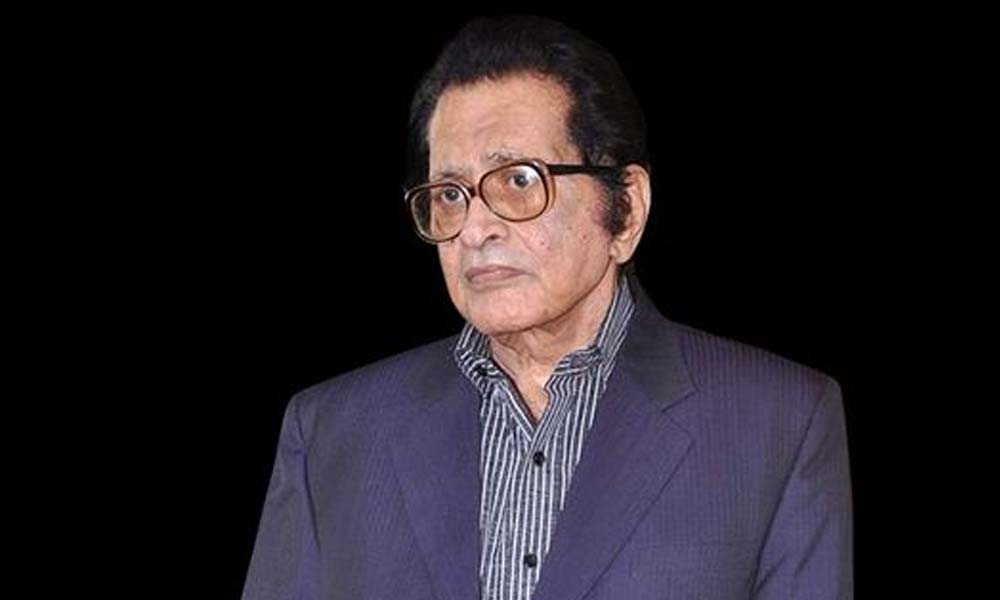Veteran actor and filmmaker Manoj Kumar, renowned for his patriotic films such as Shaheed, Upkar, and Purab Aur Paschim, passed away at the age of 87 in a Mumbai hospital on Friday morning. He had been unwell for some time and succumbed to age-related health issues at Kokilaben Ambani Hospital around 3:30 AM, as confirmed by family friend and filmmaker Ashoke Pandit.
Kumar, who had been in and out of the hospital recently, had been battling several health problems and had been bedridden for the past few years, his son Kunal shared. He was most recently hospitalized for pneumonia.
Prime Minister Narendra Modi expressed his sorrow, remembering the legendary actor as an “icon of Indian cinema.” He praised Kumar for his strong sense of patriotism, which resonated in his films and ignited a national pride that continues to inspire generations.
A recipient of the Dadasaheb Phalke Award, Kumar was also known for his roles in films like Do Badan, Haryali Aur Rasta, and Gumnam. Born Harikrishan Goswami in Abbotabad (now in Pakistan), he migrated to Delhi with his family and later moved to Mumbai to pursue his passion for acting.
In a 2021 interview, Kumar recalled how he was inspired by Dilip Kumar’s performance in Shabnam and decided to adopt the name “Manoj” in tribute to his idol. His first big success came with Hariyali Aur Rasta (1962), followed by Woh Kaun Thi? known for its iconic song “Lag Jaa Gale.”
Kumar made a significant mark with his 1965 film Shaheed, based on the life of Bhagat Singh, which was highly successful and caught the attention of then-Prime Minister Lal Bahadur Shastri. A conversation with Shastri inspired him to create Upkar (1967), which became a huge hit and is remembered for its iconic song “Mere Desh Ki Dharti.”
Throughout his career, Kumar continued to explore themes of patriotism and social consciousness, particularly with films like Purab Aur Paschim (1970), Roti Kapda Aur Makaan, and Kranti (1981). He earned the nickname “Bharat Kumar” for his dedication to films with strong nationalistic themes. (Inputs from PTI)





